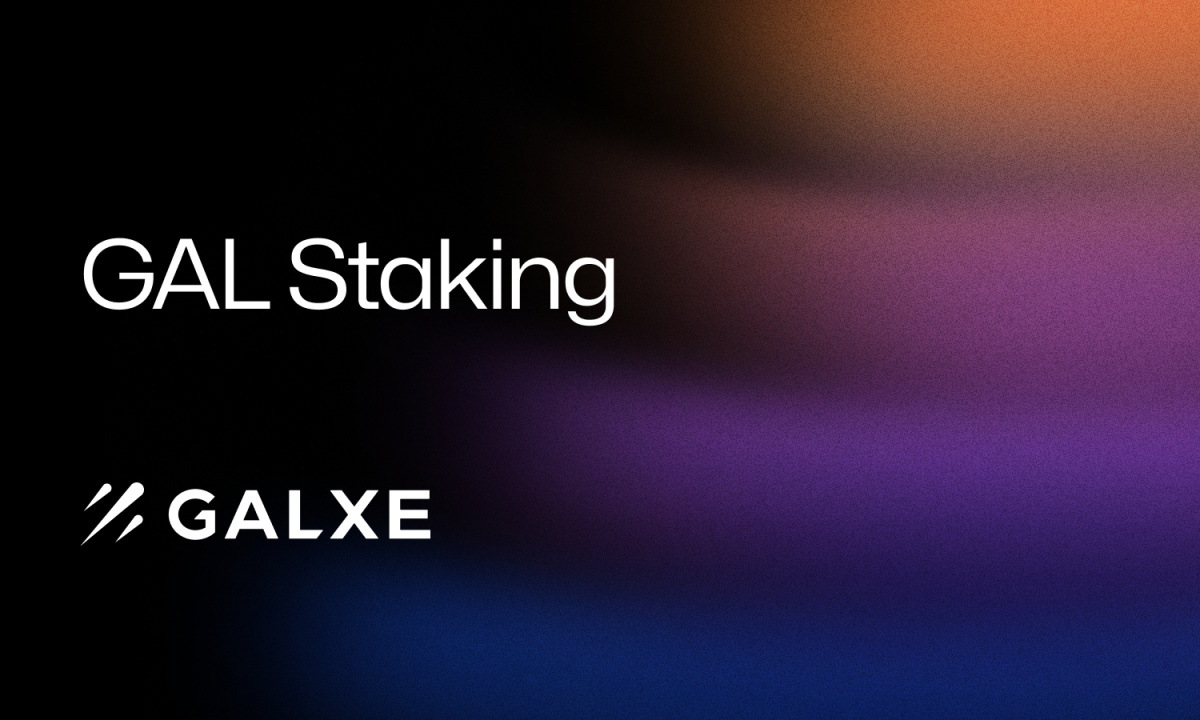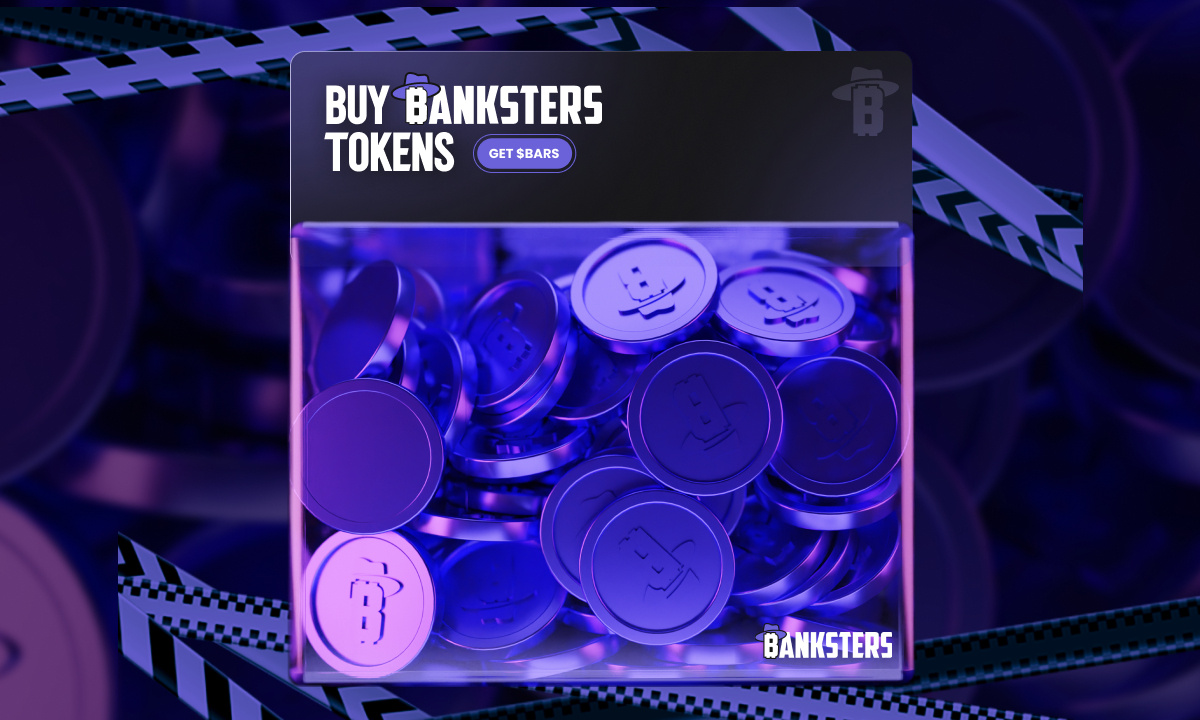Understanding Decentralized Finance (DeFi)
Decentralized Finance (DeFi) is a revolutionary concept that challenges the conventional financial system, which heavily relies on intermediaries for most transactions. In the current system, when a customer makes a payment using a credit card, there are multiple parties involved, including acquirers and banks. These intermediaries have complete control over the transaction details and possess the authority to reject or halt the transaction if they wish.
The DeFi movement advocates for a financial system that is decentralized and not controlled by monopolistic third-party providers. Some individuals support this idea for political or philosophical reasons, while others believe it will greatly enhance the efficiency and speed of financial transactions.
The realm of DeFi encompasses various participants, with the majority of major applications being developed on the Ethereum platform. Ethereum enables the creation of decentralized software and utilizes smart contract technology to eliminate the need for human or corporate gatekeepers.
DeFi providers are actively developing alternatives to traditional financial services and introducing innovative products. Some existing DeFi applications include stablecoins, decentralized exchanges, peer-to-peer lending services, and prediction markets.
Many experts consider DeFi as the future of financial services, leading to significant investments being made in DeFi start-ups. However, it is important to acknowledge that there have been notable failures within the DeFi space, and the industry is still in its early stages of development.
It is crucial to differentiate DeFi from embedded finance, also known as invisible finance. Embedded finance is a movement within the traditional financial services and fintech sectors that aims to expand access to banking and payment technologies.











